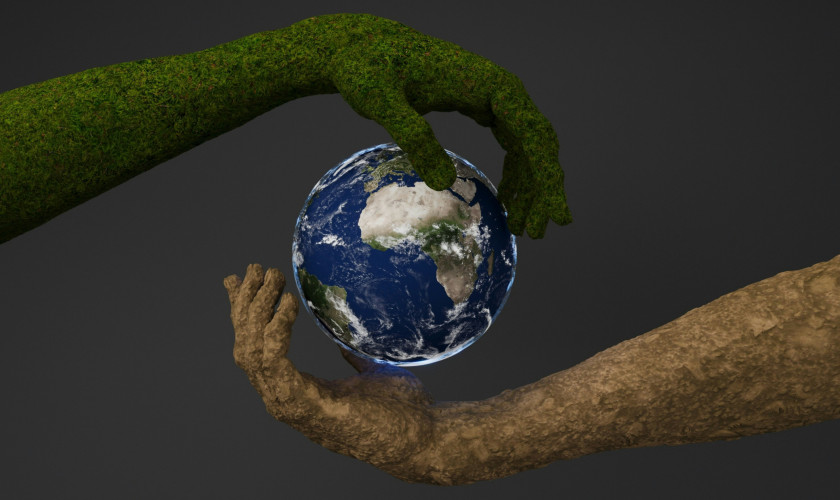Since the onset of agriculture, anthropogenic land cover changes impacted the landscape as forests made way for pasture and cropland. Consequently, less than half of Europe’s land surface is covered today by its original forests. Although extensive pollen data exists for many European regions to reconstruct these land cover transitions, much of it is unpublished or not digitally available, hampering synthesis into coherent regional reconstructions. This limits the detection of spatiotemporal trends across larger areas and comparisons between contrasting regions (e.g., sandy vs. loamy soils). This project aims to gather new pollen data, digitize existing pollen datasets, and combine digitally available pollen datasets to improve our understanding of (human and climate driven) vegetation dynamics in regions lacking a Holocene synthesis (e.g., the Belgian Ardennes). The research project may combine fieldwork (hand coring), lab analyses (pollen extraction), and microscope work (pollen counting), with statistical analysis/modelling, depending on the student’s background/interests.
- The project runs from 1 October 2025 - 31 January 2026.
- Number of placements available: 1
Start and end date may vary slightly depending on the availability of the student and the supervisors.
Prerequisites
- High level undergraduate student.
- Minimum GPA 3.4
- General background in geomorphology and ecology is needed.
- Experience with R and palynology (pollen extraction, counting) is an advantage.
Faculty Department
Faculty of Science / Department of Earth and Environmental Sciences
The main mission of the Department of Earth and Environmental Sciences is to carry out state-of-the-art scientific research with respect to the functioning of geo- and ecosystems at different spatial and temporal scales, including the interaction between humans and the environment and the sustainable management of natural resources. The department aims at providing attractive academic training at an international level in the fields of Bio-engineering, Geology, Geography and Tourism. The department aims at making an important contribution to the scientific understanding of societal issues such as environmental pollution, food production, climate change, nature and landscape management, soil and water management, exploitation of underground resources, rural and urban development, international development collaboration and tourism.

